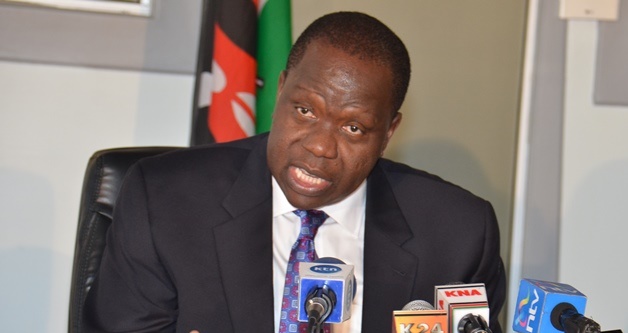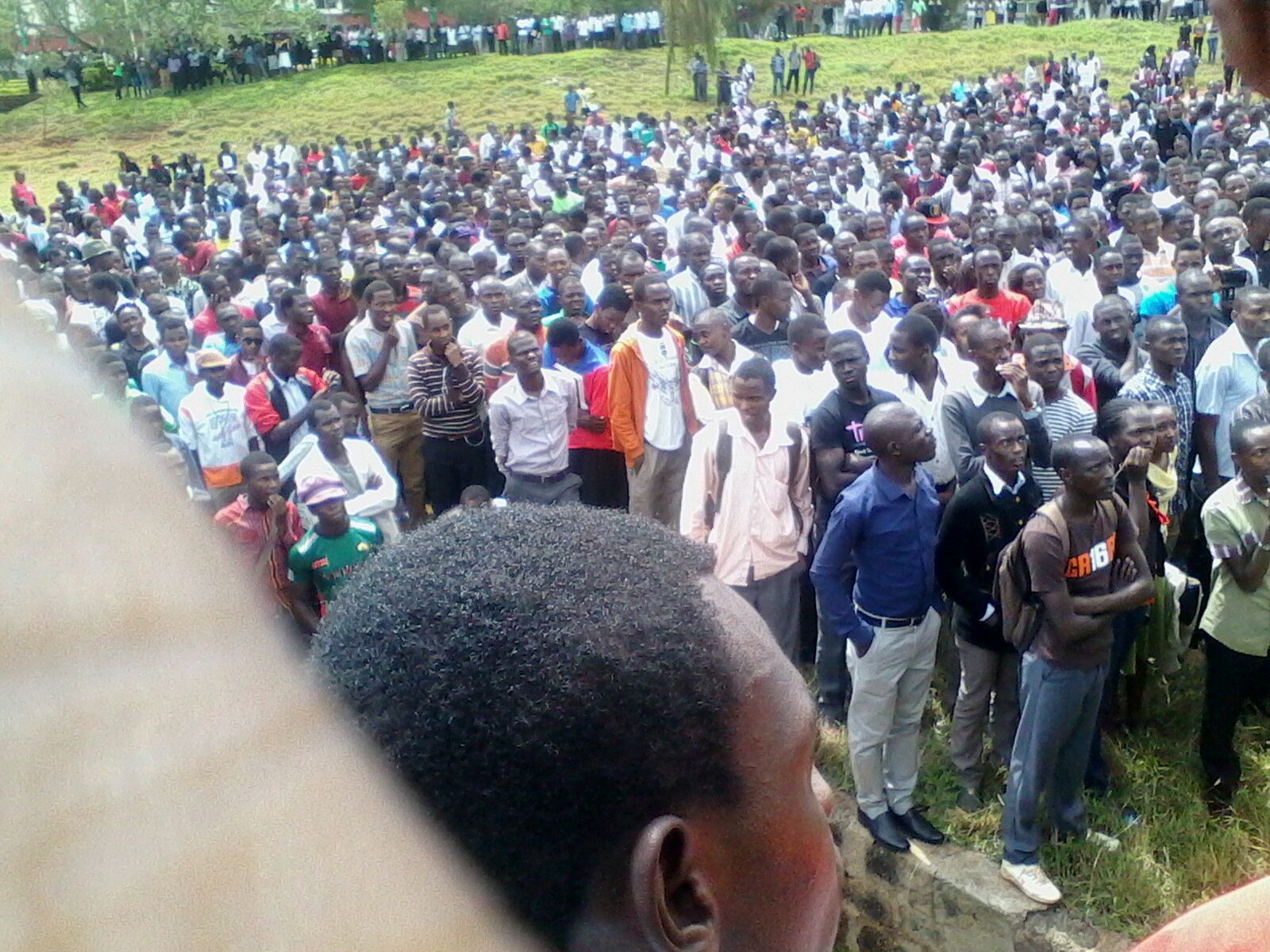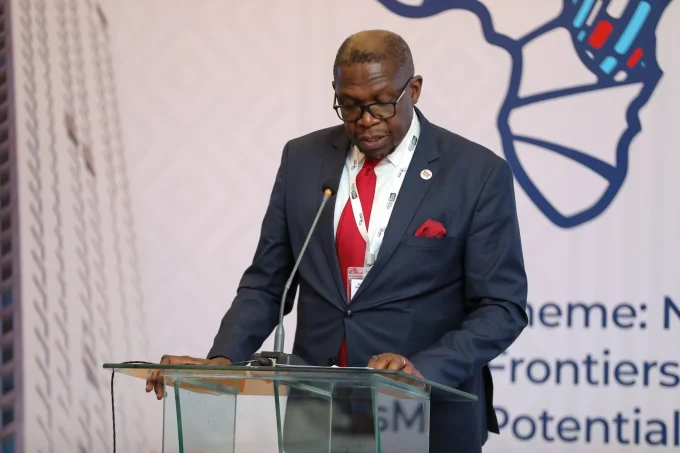Deputy President William Ruto and former radio host Joshua Sang will not be at the Hague for the ICC’s ruling on whether they have a case to answer. Trial judges had said the two should be present for the April 5 ruling.
Ruto excused himself, saying President Uhuru Kenyatta will be out of the country on the day. Uhuru will be in France on a state visit from April 4 to 6 and will proceed to Germany for a two-day visit.
Ruto and Sang are hoping that the judges dismiss all their three charges arising from the 2008 post-election violence – murder, deportation or forcible transfer of population and persecution.
They are letting the judges make a decision based on evidence presented by the prosecution and their argument during cross examination. If the all “no-case-to answer” motions are allowed by the judges this will see the termination of the charges and an end to the case.
Made-up testimonies
If their motions are fully or partially rejected, it will mean that they have a case to answer for each of the charges that stands. The defence teams will then be asked present their case, where they will be free to call their witnesses to counter the prosecutor’s allegations.
Their lawyers have argued that they should not answer to the charges as they are based on made-up testimonies of witnesses who have failed the credibility test before the court. They have branded the witnesses as liars and claimed that they have been coached to set the accused up.
A total of 29 witnesses, some of whom have been compelled and declared hostile, have already testified in the trial, which kicked off on September 10, 2013. They argued that the prosecution witnesses would not have testified if they had not been given life abroad as part of their incentives to take the stand.
They also argued that the Prosecution, used local intermediaries – some sworn enemies of Ruto – to coach witnesses and putting their statements together to fit the Prosecutor’s arguments. Ruto and Sang also be argued that the ICC did not conduct its own independent investigations but instead relied on secondary reports including news items.



















































![Pula Co-Founders and Co-CEOs, Rose Goslinga & Thomas Njeru. Pula provides agricultural insurance and digital products to help smallholder farmers manage climate risks, improve farming practices and increase their incomes. [ Photo / Courtesy ]](https://businesstoday.co.ke/wp-content/uploads/2021/01/Pula-Co-Founders-and-Co-CEOs-Thomas-Njeru-Rose-Goslinga.jpg)




























































Leave a comment